Documentary Film Grant Awardees
2021
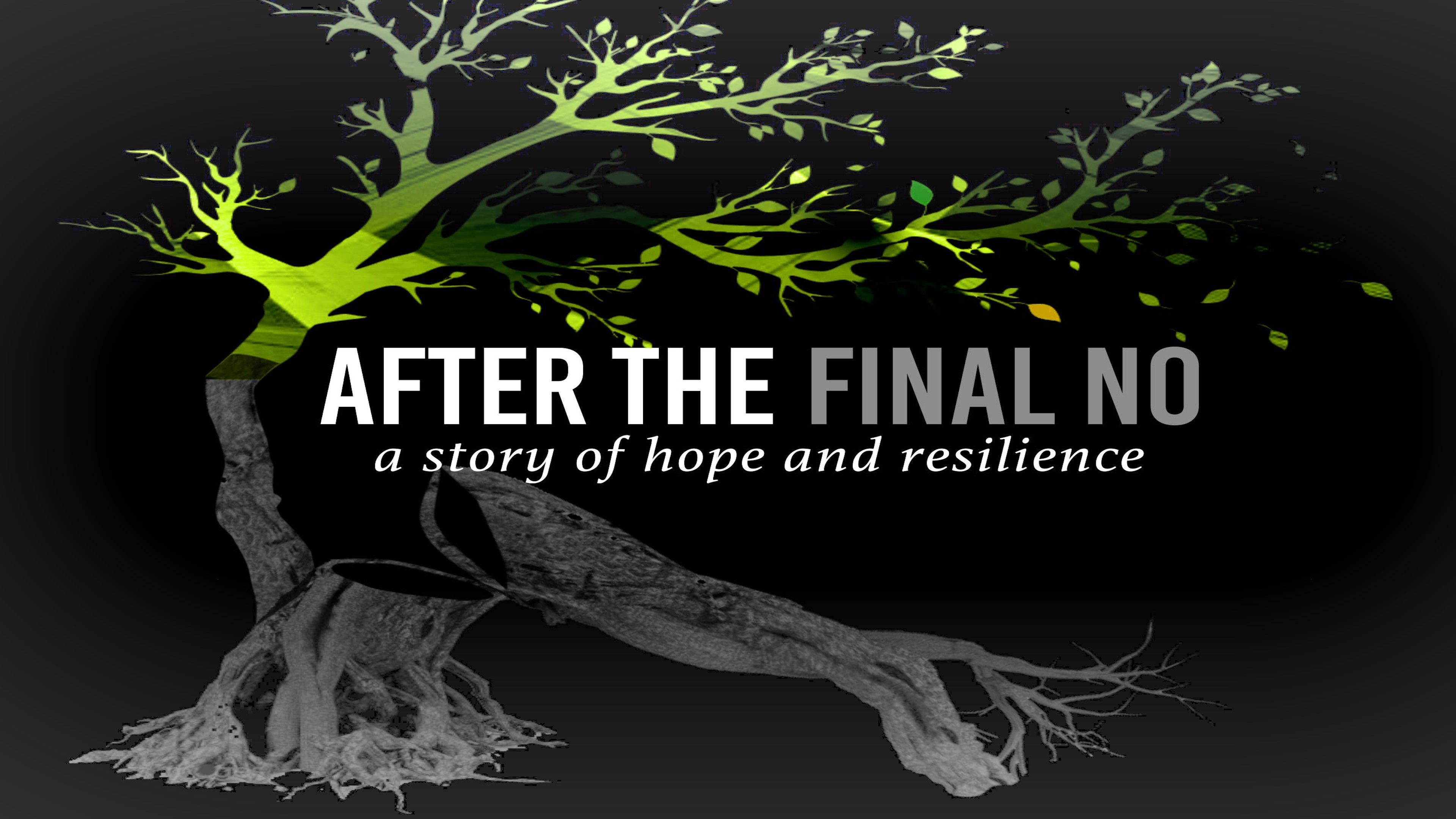
Awardee
After the Final No, produced and directed by Phyllis Lee
After the Final No explores the history of the Jewish DP (displaced persons) camps, with a focus on Foehrenwald, which was the last camp to close in 1957. The story humanizes the experience and illuminates universal aspects of human resilience. Strong communities emerged as survivors regained strength and reclaimed agency, with the essential help of organizations like the JDC. The film director and producer, Phyllis Lee, is a member of the Second Generation with a life-long commitment to “tikkun olam.” She served for over three decades at the United Nations. During her career, she headed advocacy and strategic communications for the UN’s international humanitarian efforts, bringing the spotlight to the needs of the world’s most vulnerable people including through film and media outreach.
Finalist
Anna and the Egyptian Doctor, directed by Taliya Finkel. This film tells the story of the late Dr. Mohamed Helmy, an Arab Egyptian doctor in Berlin who poses as a Nazi supporter and rescues a Jewish girl disguised as a Muslim. He is the first and only Arab ever recognized as Righteous Among the Nations, but his family refuses the award. The survivor’s daughter journeys to meet Helmy’s nephew, who accepts it.
2020
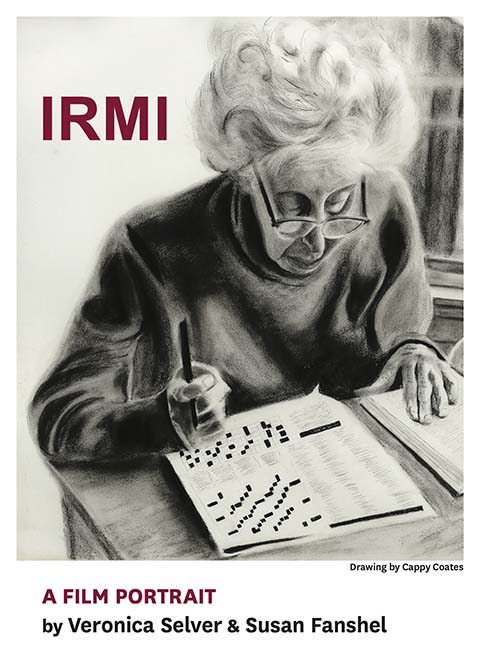
Awardee
IRMI, directed by Veronica Selver and Susan Fanshel
IRMI takes viewers on a captivating journey from Germany, where Irmi was born and raised in comfort and culture, her flight from the Nazis to Holland during WWII, and then to New York, where she restarted her life, remarrying after losing her first husband and two children in the war. It also focuses on her time in Paris, with her new husband and young daughters. Irmi, and her family moved there in 1949 after her husband, Henry Selver, took a job as the Director of the newly established Paul Baerwald School of Social Work in Versailles, a JDC-founded and -supported school, which taught modern American Social Work methods to social workers from Europe and North Africa. IRMI is a deeply personal film made by a daughter who is inspired by her mother’s story and her spirit. It explores the way in which unexpected events and chance encounters can both shape a life and reveal its true nature.
Veronica Selver is a filmmaker who has specialized in social issue documentaries. Her own films include KPFA On the Air, Raising the Roof, and Cape Song. Films she co-directed and co-edited include You Got to Move, First Look, and Columbia duPont Excellence in Broadcast Journalism winner Word is Out. Susan Fanshel is an independent documentary filmmaker and editor whose films include A Weave of Time, The Story of a Navajo Family; Nevelson in Process; Voulkos and Company; Made in the Bronx; Six American Families: The Kennedys of New Mexico; and The Odyssey Tapes.
2019
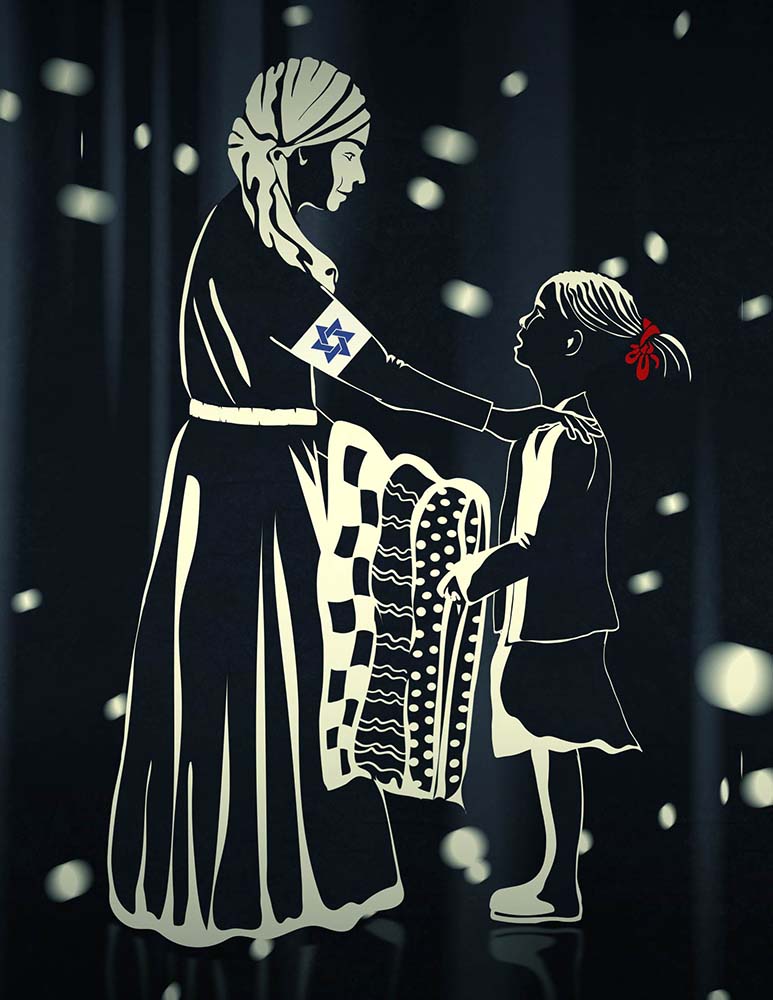
Awardee
The Remembered, produced and directed by Yoav Potash
The Remembered explores Polish-Jewish relations in the small town of Gniewoszów, Poland, in the years immediately before, during, and after World War II. The film director and producer, Yoav Potash, is an award-winning writer and filmmaker. He is a 2019 Artist-in-Residence at the Jewish Film Institute in San Francisco, and a recent associate of the UC Berkeley Investigative Reporting Program. Mr. Potash previously produced and directed the Sundance premiere documentary Crime after Crime, a New York Times Critics’ Pick and winner of 25 honors, including a Robert F. Kennedy Journalism Award, National Board of Review Freedom of Expression Award, and six audience awards. He also directed the San Francisco IndieFest Jury Prize-winner Food Stamped. View the Facebook page for The Remembered here.
2018
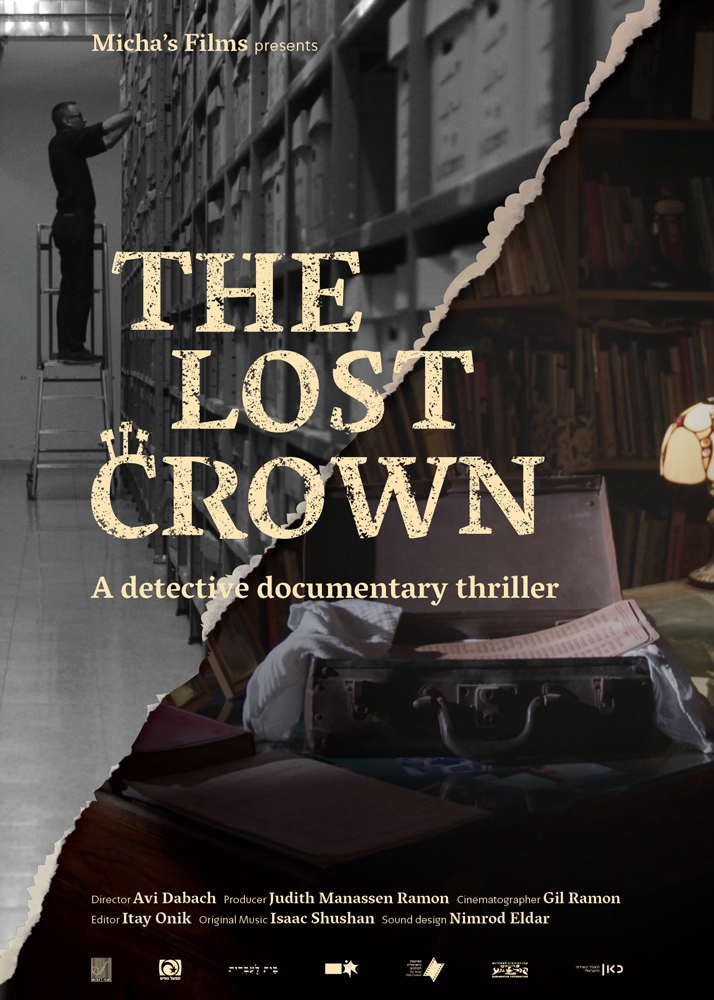
Awardee
The Lost Crown, produced by Judith Manassen-Ramon and directed by Avi Dabach.
The Lost Crown explores the mystery surrounding the lost pages of the Aleppo Codex – known as the “Crown,” the world’s oldest copy of the Bible in Hebrew – on its journey from Syria to Israel. The film’s producer, Judith Manassen-Ramon, is a producer and researcher who specializes in portraying personal and social trauma in film. She produced Dolphin Boy, which was shown in cinemas across North America. The Lost Crown resonates on a personal level for director Avi Dabach, as his great-grandfather was the caretaker of the Aleppo synagogue and guarded the scripture until 1927. Mr. Dabach is a director, writer, and curator who has directed over 20 short films and videos throughout his career. View the film’s website here.
2017
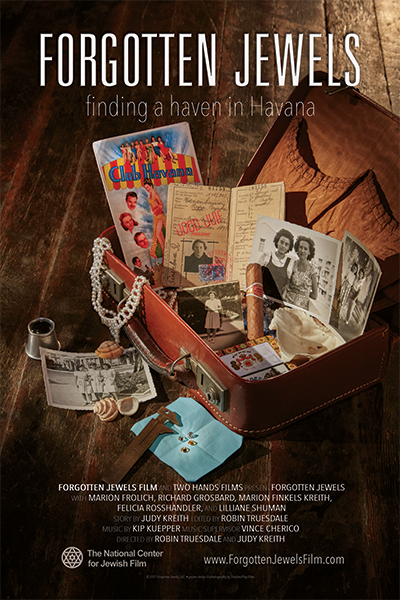
Awardee
Forgotten Jewels, A Haven in Havana, directed by Judy Kreith and Robin Truesdale.
Forgotten Jewels, A Haven in Havana, recounts the story of Jewish refugees fleeing Nazi-occupied Europe for a safe haven in Cuba, where they ultimately created a diamond-polishing industry in Havana that enabled thousands of Cubans and refugees to survive during World War II. The film is a collaboration of Judy Kreith and Robin Truesdale. Ms. Kreith, based in Colorado with a background in dance and choreography, has a personal connection to Cuba as her mother was a Jewish refugee in the country and appears in the film. Ms. Truesdale is an independent documentary filmmaker, director, freelance editor, and producer. View the website for the film here.
Finalist
GI Jews: Jewish Americans in World War II, directed by Lisa Ades. This film depicts the story of the Jewish men and women who fought for the U.S., and their people, as they struggled with anti-Semitism, emerging from their wartime experiences more connected to their American and Jewish identities.
Finalist
Who Will Write Our History, directed by Roberta Grossman; based on the book by historian Samuel Kassow of Trinity College. This 90-minute documentary highlights Emanuel Ringelblum, an important Warsaw ghetto resistance leader and JDC representative in that city, and the Oyneg Shabes Archive, the secret archive collection he created in the Warsaw Ghetto.